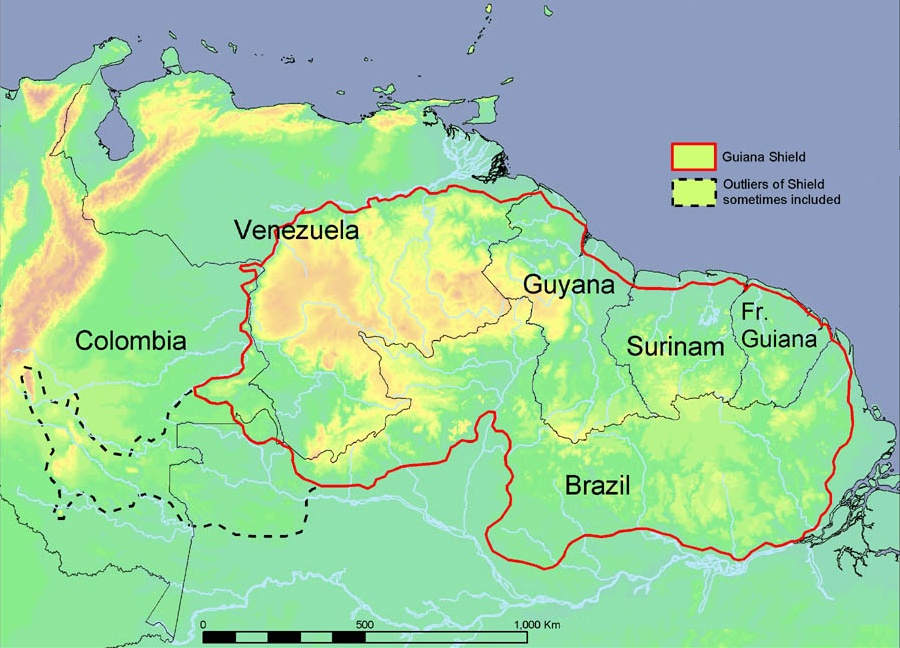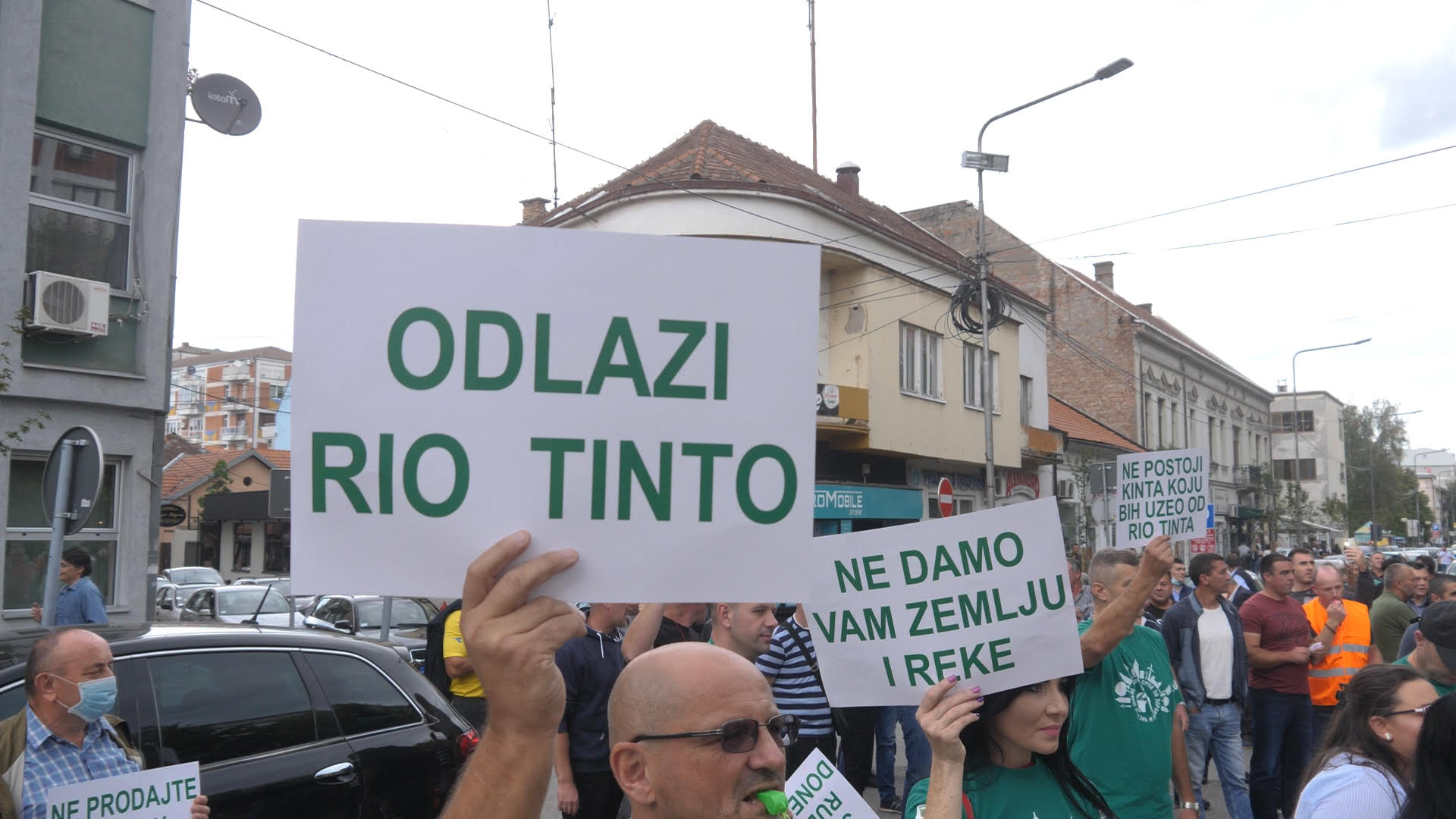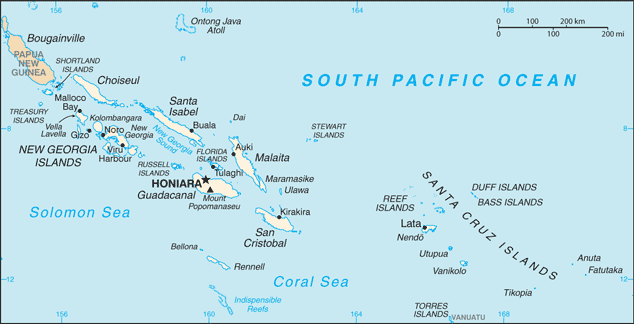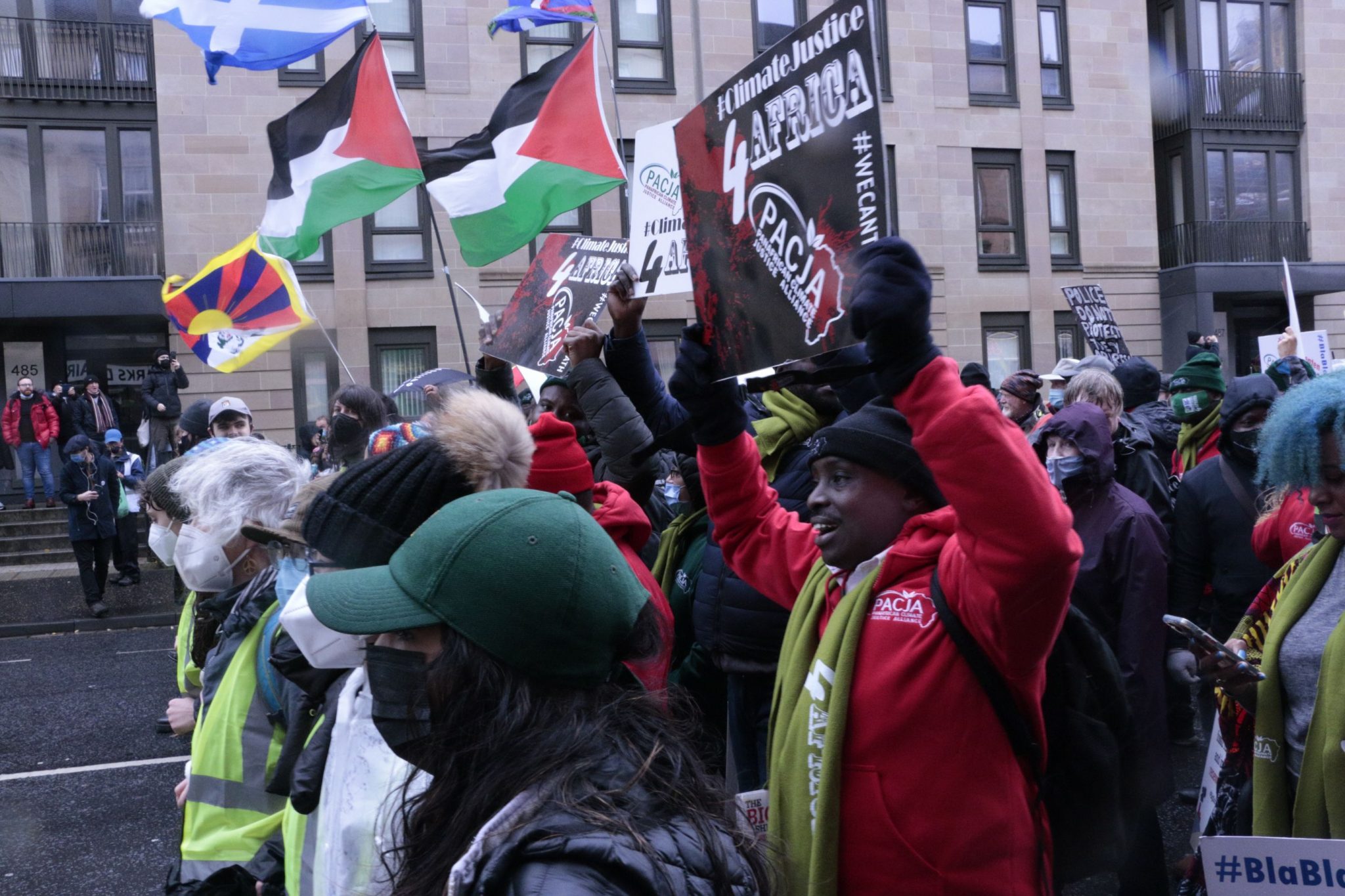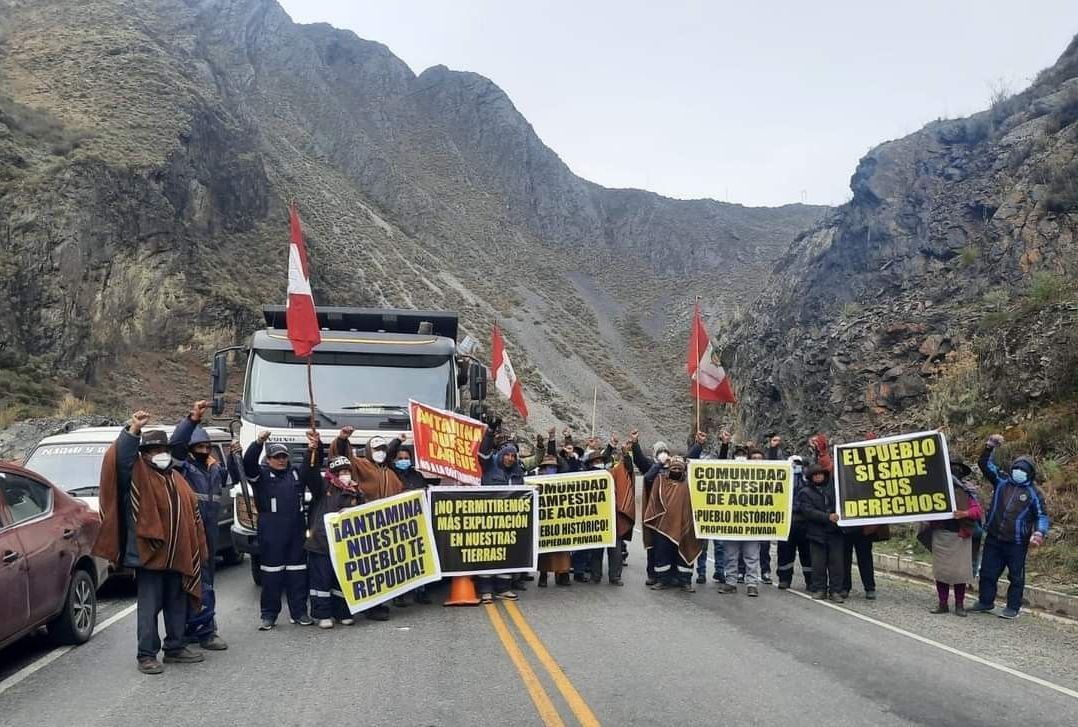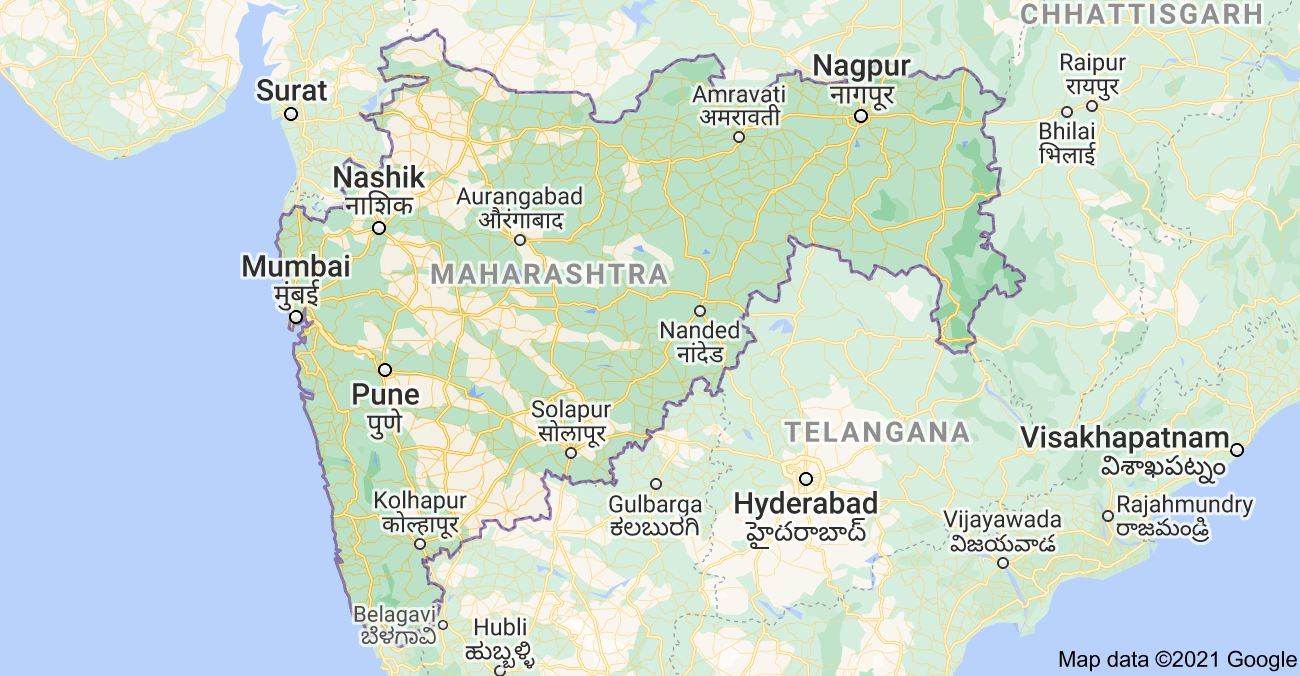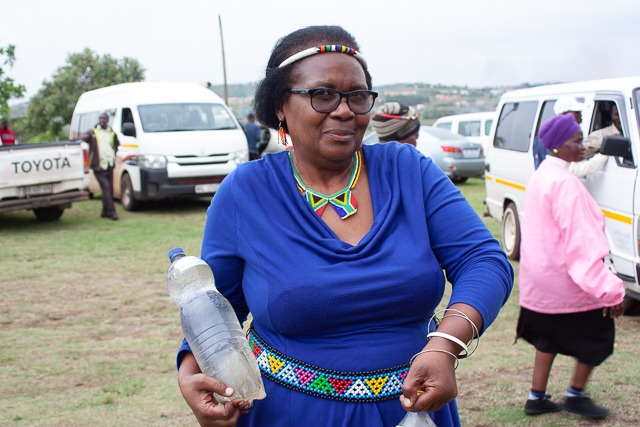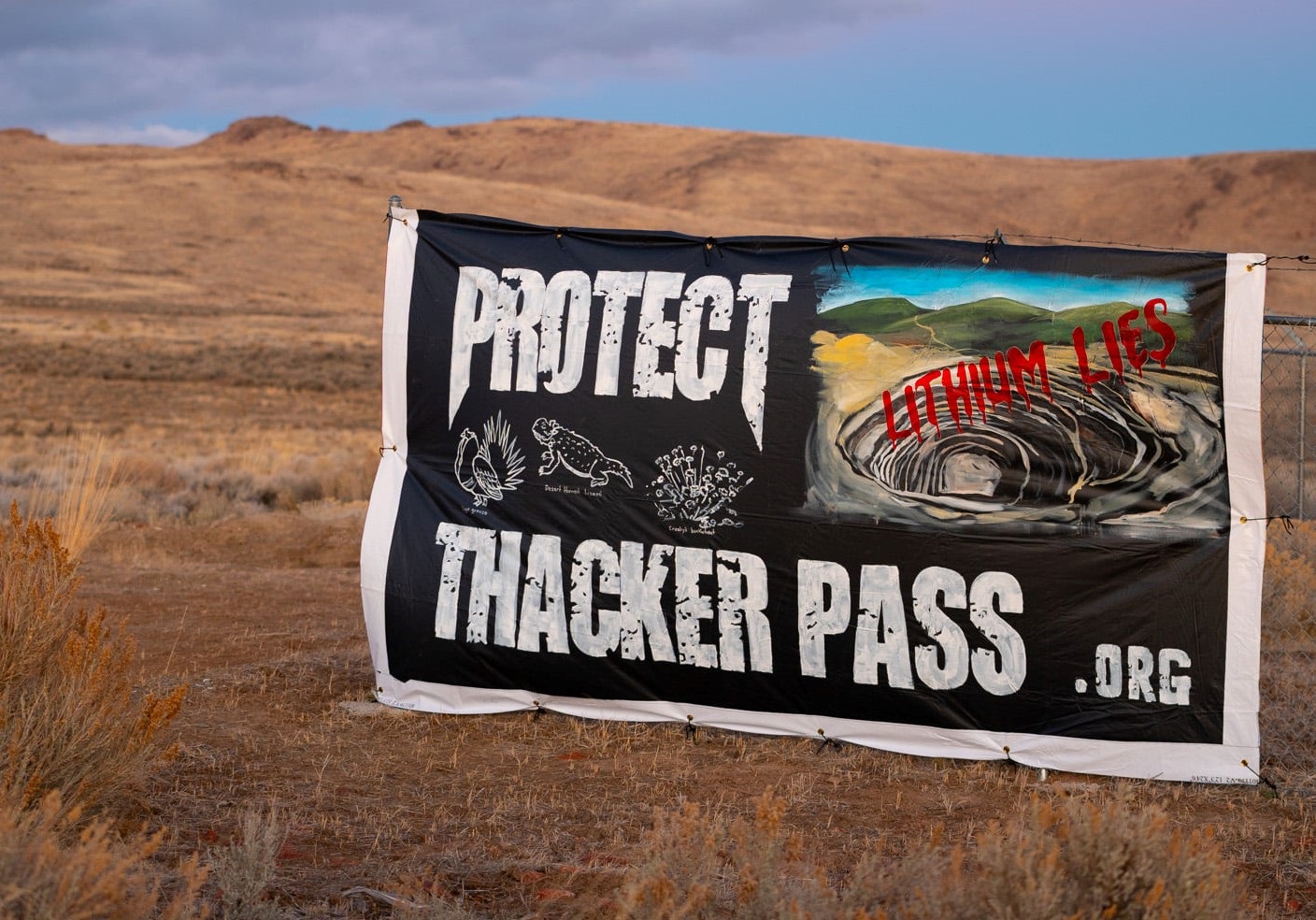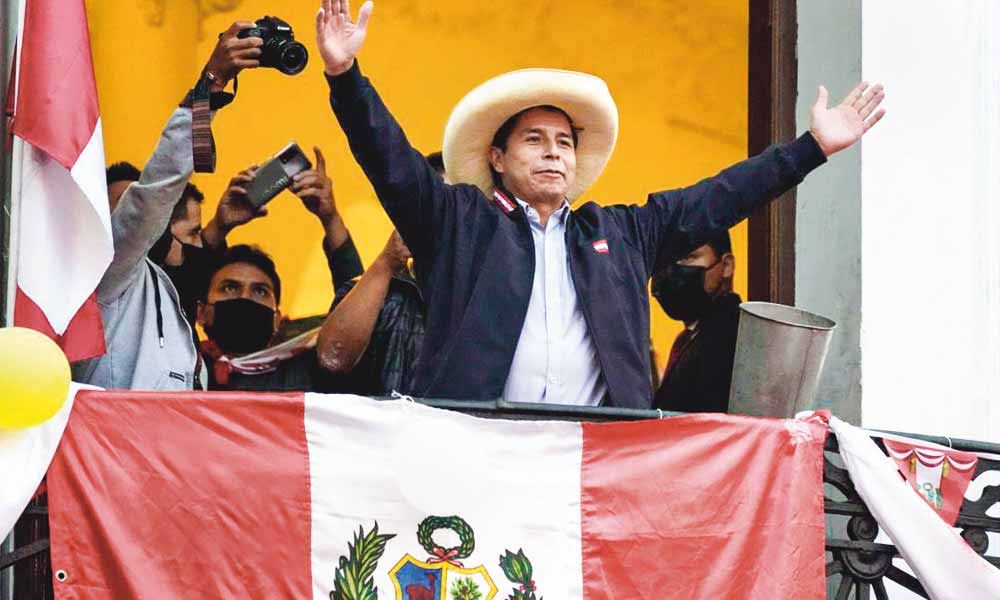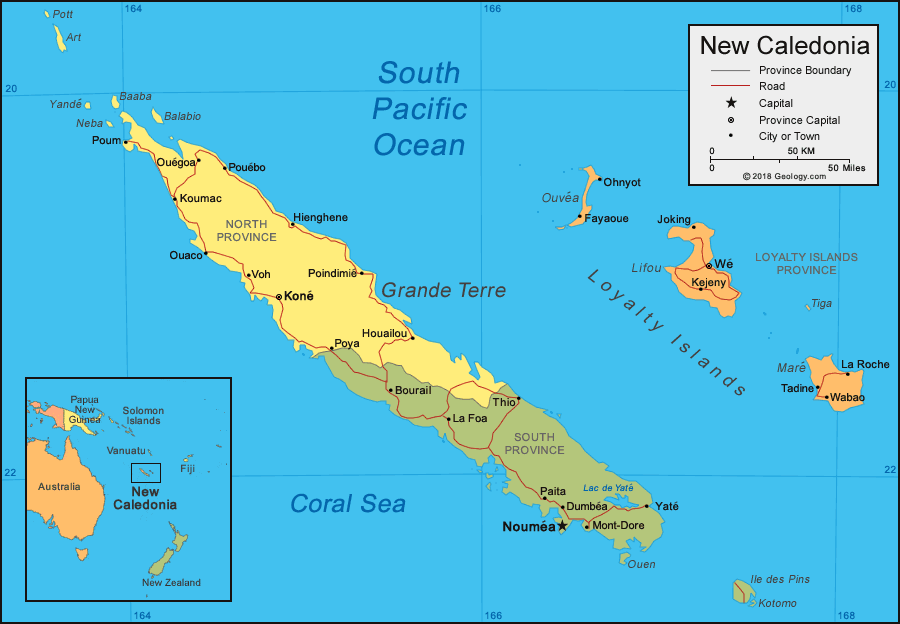
China factor in New Caledonia anti-independence vote
In what was supposed to be a third and final referendum on the matter, voters in the French overseas territory of New Caledonia rejected independence by an overwhelming 96%. But the vote was this time boycotted by the pro-independence forces, who vowed to carry on the struggle. Coverage of the vote uniformly stressed fears by the métros (recent arrivals from France) of Chinese designs on the archipelago—and especially its mineral resources. The indigenous Kanak population, reduced to a minority after more than 150 years of French colonization, largely observed the boycott, and appeared to view Chinese designs as (at the very least) no worse than French. (Map via Geology.com)




